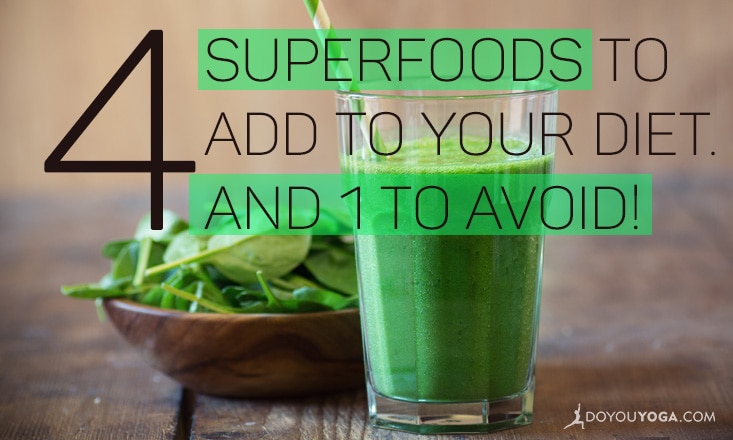‘Superfood’ is a buzzword that’s been making the rounds of health and wellness marketing campaigns for years, despite the fact that the alleged benefits of these superfoods are not backed by any scientific research. An oft-cited one of these foods is blueberries—health aficionados have been consistently claiming that the high levels of antioxidants fight harmful free-radicals in the body, keeping you younger and cancer-free, although there are no studies that support this idea.
The Superfood Marketing
While foods such as blueberries, pomegranates and açai do contain healthful antioxidants and fiber, the idea of a ‘superfood’ as some sort of panacea for health issues if added to your diet is nothing more than an advertising ploy to get consumers to buy a certain product. With most of these foods, you’d have to eat far more of them than would ever be realistic in order to reap the benefits, and touting exotic superfoods as cure-alls is particularly harmful to your bank account, to the environment and to the people who may eke their living farming the crop.
The only time- and science-supported way to be healthy: eating a balanced, nutritious, and energy-packed diet.
Superfood-centric marketing distracts consumers from what is really the only time- and science-supported way to be healthy: eating a balanced, nutritious and energy-packed diet full of the foods that you can find in your every-day supermarket (and of which you only have to eat a normal portion size to feel the results).
Here are four superfoods to add to your diet:
Spinach
If you’re having trouble mustering up the physical energy to complete even the most basic daily tasks, you may have an iron deficiency. One of the healthiest ways to supplement your iron levels is to eat more spinach! (Yes, you can get your iron from red meats, but these are notorious for raising cholesterol and blood pressure too). Spinach is full of iron to help you stave off anemia and help you build muscles—a 180-gram serving of spinach packs as a big an iron punch as a 6-ounce hamburger patty.
Beans
All beans are high in fiber, protein, folate and iron, and when consumed with a corresponding healthy grain and green vegetable, they make up a perfectly well-rounded meal containing everything you need to feel good during the day. Black beans especially have been shown to include a compound that may improve brain function over time as well, and they are often the cheapest thing on the shelf in the grocery store—that’s a lot of bang for your buck.
Oats
When considering carbs, most of what we consume on a daily basis is highly processed and contains far too much salt, sugar or both, with little-to-no nutritional benefit. Having some white toast for breakfast can spike your insulin levels early in the day, leaving you crashing by midmorning and craving something else with a boatload of sugar in it. Try oats instead, a whole grain which contains higher amounts of protein and healthy fats than other grains, as well as relatively high amounts of healthy, feel-good vitamins and minerals that your body needs (such as manganese, iron, zinc, folate and vitamins B1 and B5). Studies have shown that regular, long-term consumption of oats can significantly lower blood-sugar, blood-pressure and cholesterol.
Walnuts
These nuts are loaded with omega-3 fatty acids, which have been shown to be beneficial for heart health, reduce inflammation in the body and reduce cholesterol. They also contain high amounts of protein, and they’re an easy, on-the go snack that can effortlessly be added to salads and cereals.
One to Avoid? Açai
I don’t mean to give açai such a hard time—it’s not a bad food in itself, but its permutations have been everywhere lately. This Amazonian berry does indeed contain an unusual amount of the vitamins and minerals that your body needs during the day, but most products on the market that contain açai also contain a TON of sugar—more than your whole daily recommended amount.
It’s always essential to remember when consuming any fruit products, such as juices or smoothies, that those foods contain many more individual fruits than you might eat whole—a glass of orange juice, depending on the size, can contain the juice of anywhere from 6-10 oranges—and all their sugar too. While the kind of sugar found in fruit is not bad for you in healthy amounts, an excess of any kind of sugar is going to contribute to weight gain and ultimately make you feel tired, cranky and craving more.


